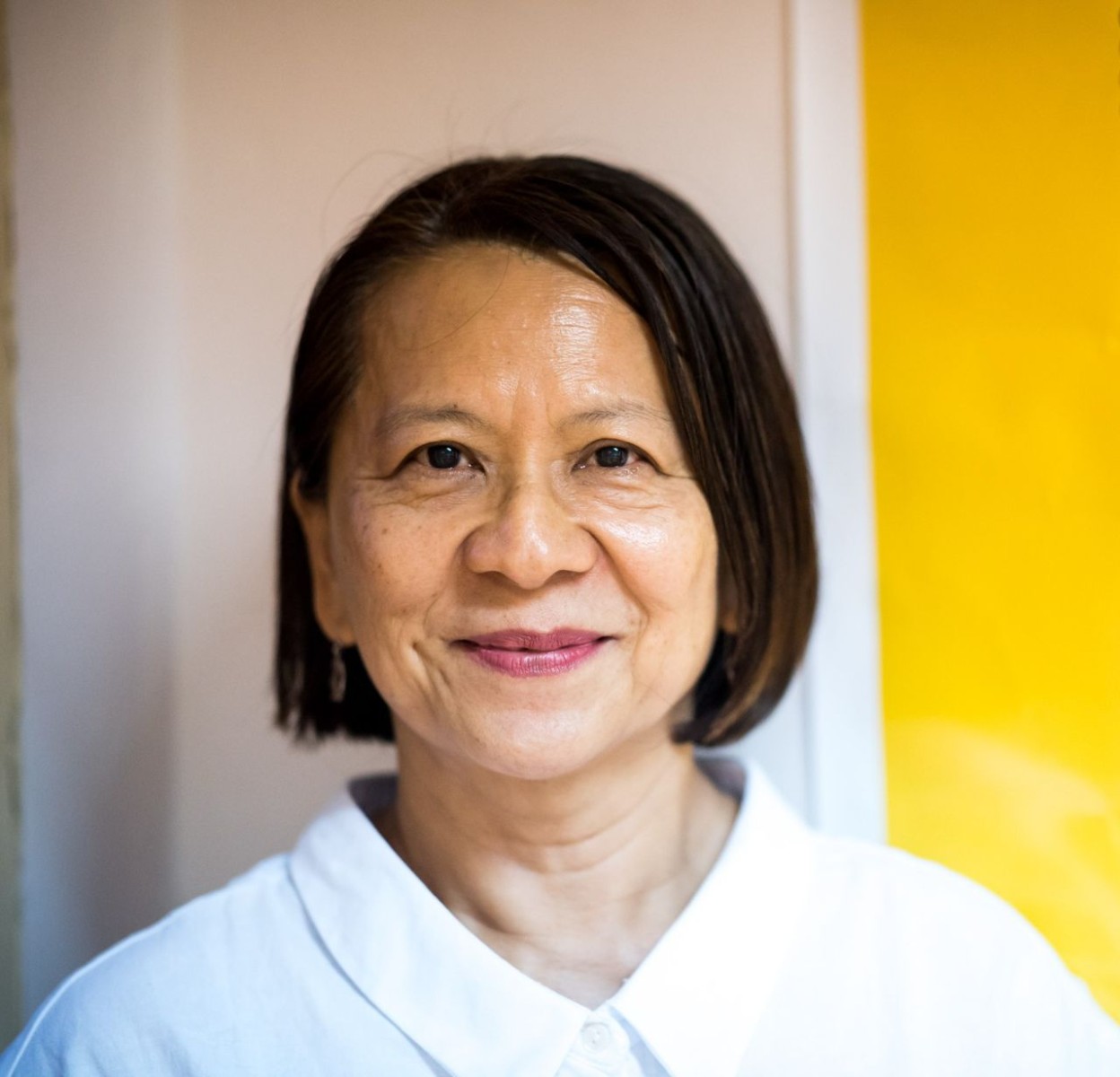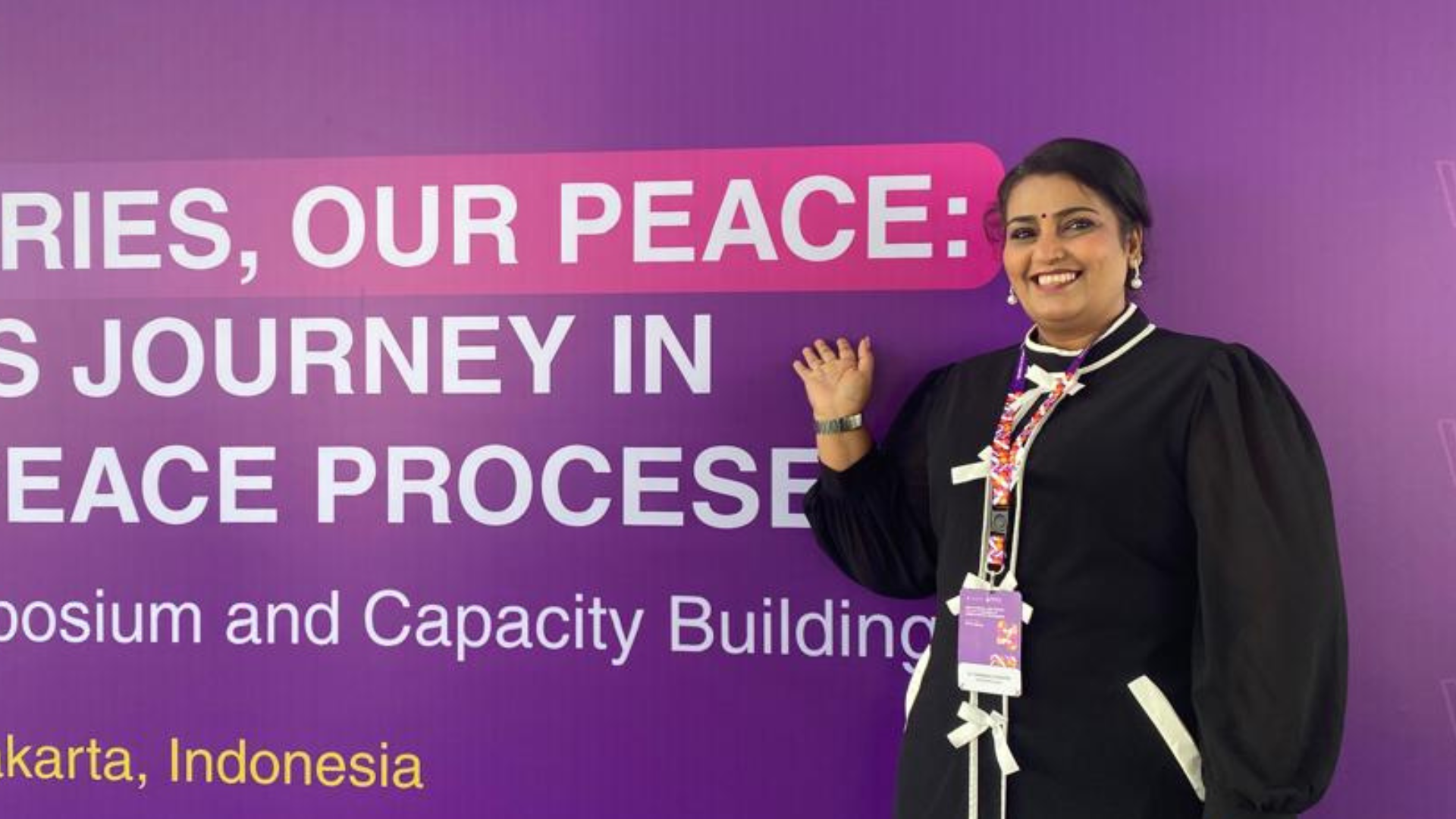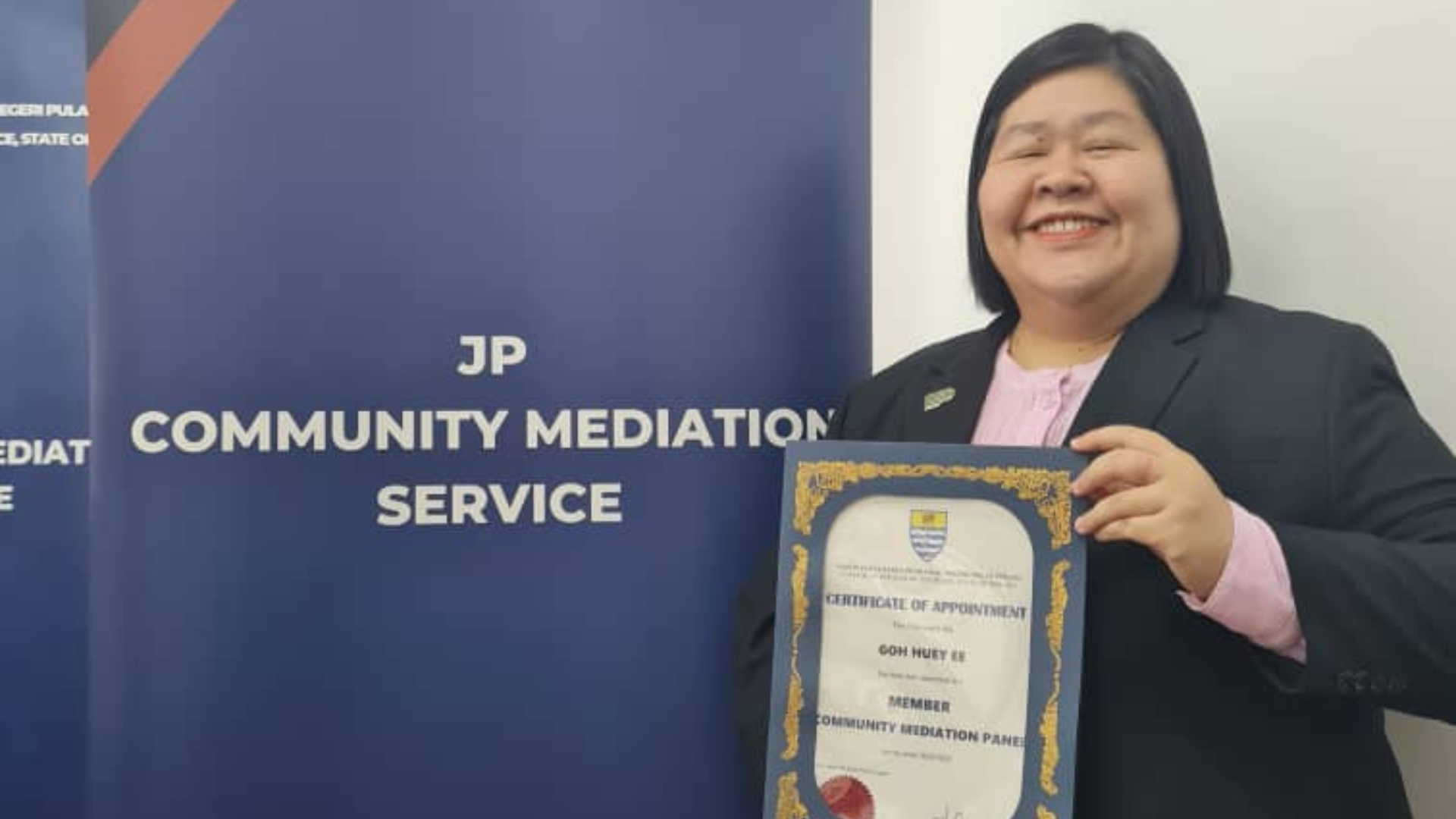
Dr. Angie Garet
Sarawak Women for Women Society (SWWS)
Puan Manjeet Kaur Sidhu
Pertubuhan Pembangunan Insan Sarawak (PPIS)/ Private NGO
Puan Fadilawati Masran
Pusat Mediasi Komuniti MADANI Sejahtera at the Kuala Lumpur City Council (DBKL)
Puan Diana Seliman
Jabatan Perpaduan Negeri Sarawak (JPNIN)
Jessica Basat
Jabatan Perpaduan Negara dan Integrasi Nasional (JPNIN) Negeri Sabah




